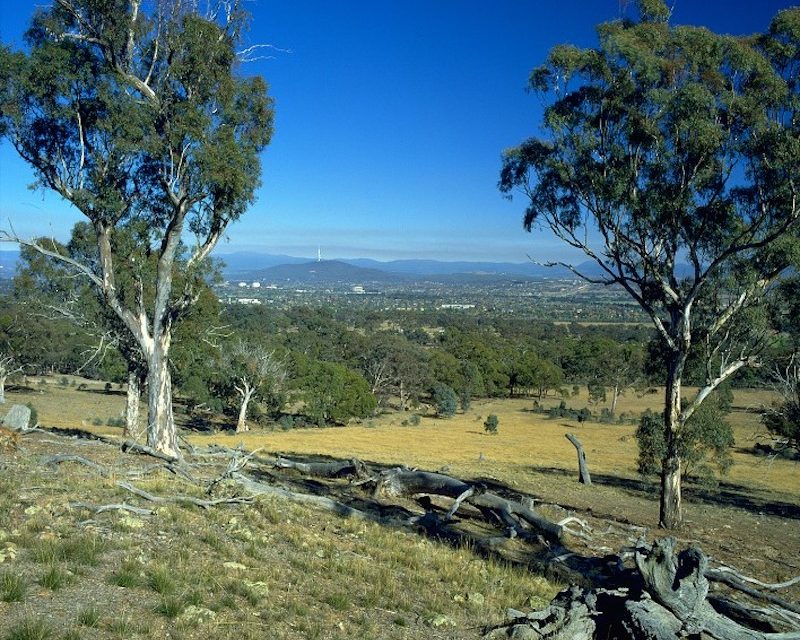
As it strives for a greener future, the ACT Government has now successfully passed another milestone in its mission to divest from fossil fuel investment. Photo: EPSDD.
In what’s being touted as a ‘major milestone’, the ACT Government has divested almost all of its shares in major fossil fuel companies.
According to climate action group 350.org, which started lobbying the government in 2014, the Barr Government has become the first in the country to no longer invest in any of the world’s 200 biggest fossil fuel companies identified on the Carbon Underground 200.
It’s been a long process to get to this point. Former Greens MLAs Kerrie Tucker, Meredith Hunter and Caroline Le Couteur had all advocated for ethical investment during their respective times in the Legislative Assembly over the past two decades.
Ethical investment became a requirement in the 2008 Parliamentary Agreement between Labor and the Greens.
The government initially committed to divesting 85 per cent of its shares in coal and oil companies in 2015 and current Greens crossbencher Jo Clay MLA pushed for the final 15 per cent to be divested when she was elected in 2020.
An analysis of the ACT Government’s shares in early 2015 showed the Territory government was investing in 18 of the world’s largest coal companies and 50 of the world’s largest oil companies. In 2017, it still invested in 32 companies on the Carbon Underground 200 list.
Some level of investment persisted up until last year.
According to 350.org’s analysis, the ACT Government does, however, still have shares in two of the companies that are on the Carbon Underground 200 list – First Energy Corporation and Sumitomo Corporation, – but these investments both fall below the carbon measure threshold.
Greens crossbencher Jo Clay asked for an update on the ACT government’s fossil fuel investments in a question on notice in December, asking Chief Minister and Treasurer Andrew Barr when the ACT government plans to divest from 11 companies.
Mr Barr later confirmed in his response that the government had ceased investment in eight of the identified companies as of 1 December last year.
However, he said the government continues to have shares in three of the companies identified in Ms Clay’s question – First Energy Corporation, Rio Tinto and Wesfarmers.
Mr Barr said these investments could be justified because none of the companies were considered to be “currently identified with the exploration and production of fossil fuels or with owning proven or probable fossil fuel reserves”.
350 Canberra campaign coordinator Warwick Cathro said the long journey had seen 350.org’s campaign receive support from both sides of politics.
Mr Cathro said he hoped the move would signal to larger coal and oil companies that they needed to begin changing their own business models, too.
Ms Clay described the achievement as an important milestone for the Territory.
“Here in the ACT, we are now powered by 100 per cent renewable electricity. We also have great policies to get off gas and switch to zero emissions transport,” she said.
“But if our government still invests in major fossil fuel companies, it means we as a city continue to support those industries.”












